Who We Are
We are the Boston University School of Theatre Anti-Racist Student Initiative (BU SARSI): a collective of students, alumni, and affiliates of the aforementioned school working to transform our academic institution into an anti-racist one. After a public outpouring of testimonials from former and current students on social media detailing the myriad manifestations of racism, sexism, ableism, and more at our conservatory-style BFA theatre program, we—an ever-evolving community of justice-seekers—rallied together to innovate ways of addressing the white supremacy within it.
We know we are not the only theatre school, here or abroad, that needs to do so, but we look and take action inwards to hold ourselves accountable as members of a racist institution. We explicitly name our school as racist in the effort of destigmatizing the calling of an institution and its members racist, as that stigma obstructs the work of anti-racism. To quote incoming BU faculty member and head of the new BU Center for Anti-Racist Research, Dr. Ibram X. Kendi: “the heartbeat of racism is denial.”
Within each aspect of society in the so-called United States and the world lives the multilayered disease of white supremacy. In order to remove the infection, it must be uprooted at every level and replaced with an anti-racist-liberation framework.
How We Started
Meeting via video calls, we collaboratively generated a list of demands for the future we envision for the School of Theatre (SOT)—a future centering intersectional anti-racism as a means of improving the educational environment for every individual involved. Over the course of three weeks, we used Google Docs to simultaneously write and edit a document of demands. During the early drafts of the list of demands, we were advised by Kirsten Greenidge, newly promoted associate professor of playwriting and theatre arts at Boston University. Our beginnings were messy, decentralized, and necessary. Only through the hands-on effort and approach of each voice in our virtual spaces did we manage to form the beautifully imperfect twenty-six-page document of demands that became our launchpad.
In our demands, we identify ten areas within our theatre school that require attention for it to grow into an anti-racist program:
- Personal accountability.
- Cultural norms rooted in white supremacy.
- Internal anti-racist training.
- Curriculum.
- Programming and productions.
- Mental health support.
- Professional development for Black, Indigenous, people of color (BIPOC) students, faculty, and staff.
- Scholarships and financial support.
- Recruitment and retention of BIPOC students and faculty.
- New play development.
We also call for the establishment of an anti-racism cohort: a committee of faculty, alumni, current students, and professional consultants with expertise in race, art, and education that will help oversee and execute the action our school of theatre will take based on our demands.
How We Think
In holistically crafting our movement within the context and awareness of global movements for social justice, we lean on abolitionist theory—including but not limited to the work of Angela Y. Davis, Critical Resistance, and the Movement for Black Lives—as well as adrienne maree brown’s theory of emergent strategy. Specifically, we look to brown’s notion of change being an emergent process. Within each aspect of society in the so-called United States and the world lives the multilayered disease of white supremacy. In order to remove the infection, it must be uprooted at every level and replaced with an anti-racist-liberation framework.
In planning and executing the how of our movement—how we bridge where we are to where we need to be—we are practicing the skill of radical imagination, which lies at the core of police and prison abolition movements, as well as deep listening to current students, and we are engaging with two critical questions:
- If an educational institution and its ways of teaching and learning were developed without BIPOC, like the four of us, in mind—the way this whole country and most of its institutions were—how can we expect an educational institution to adequately serve BIPOC students, faculty, and staff simply by allowing us to be there now?
- How can we expect an educational institution to serve anyone of a historically marginalized identity in the so-called United States of America when it is seeped in the same white supremacy from which “America” was born, from which “America” has never reckoned?
As a result, and inspired by the frameworks of revolutionaries, our small but strong community with our list of demands grew into an initiative with a name—SARSI—and a nuanced approach to accountability, action, community building, and current student support. Out of this emerged eight subgroups within SARSI:
- SARSI Collaboration with the SOT: This collaboration started with the list of demands. The twenty-six-page list is paired with an extensive, evolving thirty-seven-page resource and reading list, detailing the theory and pre-existing work behind our asks, as well as tools for beginning the anti-racist work within the self and systemically.
- SOT Speaks Out: SOT Speaks Out is a survey that asks current students and alumni to reflect on their experiences in the School of Theatre in order to ensure the administration is informed of past incidents as a means of potentially stopping future ones. We aim to uplift the voices of BIPOC students first and foremost, although other students who have been subjected to discrimination are welcome to share.
- The SARSI Fund: The SARSI Fund holds and distributes community donations. It was birthed as a crowdsourced fund for any current or former BU School of Theatre BIPOC student to opt-in for payment for their work—past and present—and is now a channel for SARSI’s operational costs.
- SARSI Mutual Aid: To expand our vision of what care looks like, we are in the process of developing a mutual aid space beyond the fund. This network will allow our community to share resources with each other and operate outside traditional and assumed capitalist modes of care.
- Social Media: The social media group spreads content via Instagram, Facebook, and Twitter to promote the initiatives of SARSI’s seven other subgroups to followers and to others looking for a model to begin their own intersectional anti-racist work at their own educational institutions.
- Restorative Justice and Healing: The restorative justice and healing group gathers to create restorative justice, transformative justice, community accountability and healing resources, support, and trainings for SARSI along with the soon-to-be School of Theatre anti-racist cohort and our arts community at large. Currently, our projects include group agreement recommendations with an accountability process for a breach of an agreement; facilitation training and learning resources; a dynamic learning resource list for restorative justice/transformative justice/community accountability books, videos, podcasts, and more; and an introductory document to definitions and examples.
- Connectivity: The connectivity group forges connections between students doing anti-racist work at different schools across the country. In October, the group will collaborate with these other schools to hold its first conference to collectively engage with anti-racism work. If you are reading this and are interested in joining this growing network, fill out this Google Form!
- The SOT Student Union: The School of Theatre student union protects current undergraduate and graduate students specifically in their academic and production workspaces by acting as the network that kick-starts student-led discussion of collective action.
These groups cross-communicate and work together to practice a way of functioning that is collectivist in nature, where delegation is key and leadership is a skill that is cultivated and invited to be practiced by all members of the movement.
How We Work
These groups cross-communicate and work together to practice a way of functioning that is collectivist in nature, where delegation is key and leadership is a skill that is cultivated and invited to be practiced by all members of the movement. One of the ways we have put this into practice was by creating a set of collaborative agreements that both SARSI and the School of Theatre agreed to follow, as well as general SARSI group agreements and additions tailored specifically to each subgroup. These group agreements are ever evolving and are constantly referred to, in both internal and external communications.
The SARSI and SOT group agreements are the following:
- SARSI is always working toward the collective goal of creating an equitable and safe learning environment for all students, especially Black, Indigenous, and other people of color.
- BU’s School of Theatre administration, faculty, and staff will recognize that because the theatre school exists within a major university, the school maintains and hold power over SARSI, especially its current students, always. Therefore, in our collaboration, there will always exist a power imbalance. BU’s School of Theatre administration, faculty, and staff will recognize that, to date, the division of labor of working toward anti-racism in the institution is grossly imbalanced, and that this imbalance looks like students and alumni consistently working for and demanding change while the administration does the minimum, or nothing at all.
- Because the previous point is a reality of SARSI’s work with BU, BU’s School of Theatre must actively work to correct this imbalance in the following ways, including but not limited to:
- Advocating and fighting for deeper systemic change within the university.
- Dividing up labor and action steps so that BU’s School of Theatre is doing more than SARSI.
- Actively fighting against the pattern of pushing the workload of anti-racism onto current students.
- Together, we will practice deep listening with the intention of absorbing what is being said rather than jumping to respond.
- At the end of each meeting, we will articulate together what action steps need to be taken and by when.
- SARSI will build and share the agenda for the meetings, and one person from both the School of Theatre and SARSI will co-facilitate the meetings.
- SARSI prioritizes the well-being and health of BIPOC students and faculty in all decisions and action steps.
- These group agreements will be shared at the top of each meeting between anyone in SARSI and anyone in the School of Theatre.

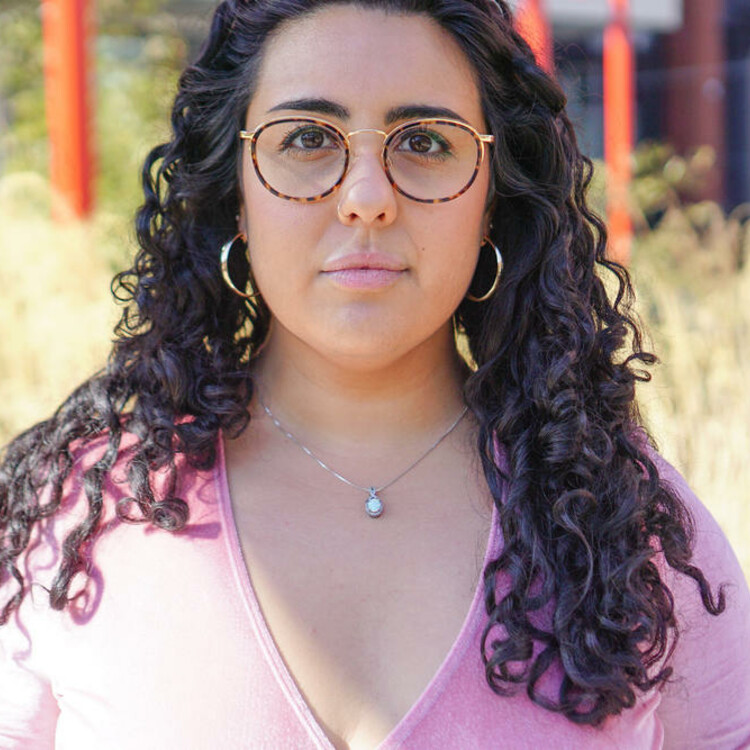
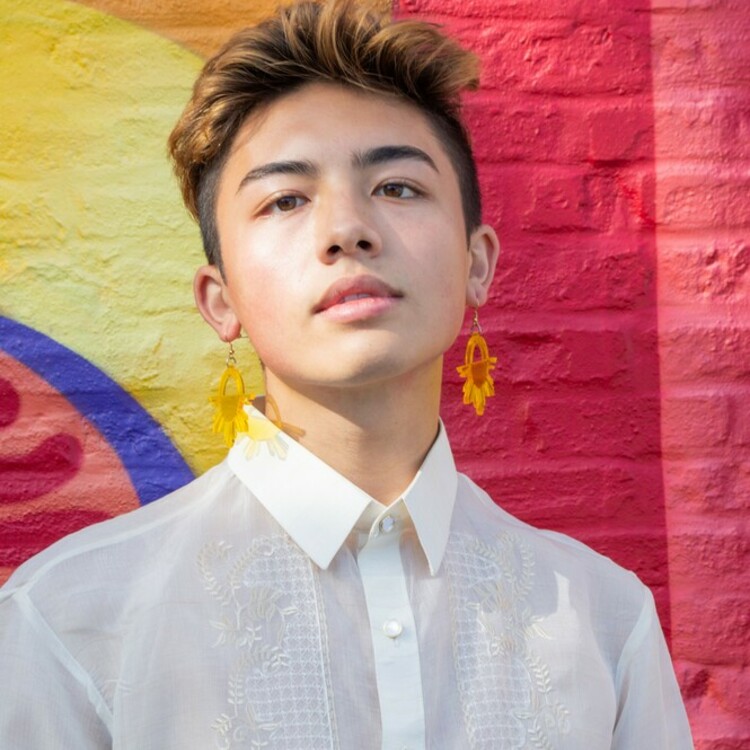
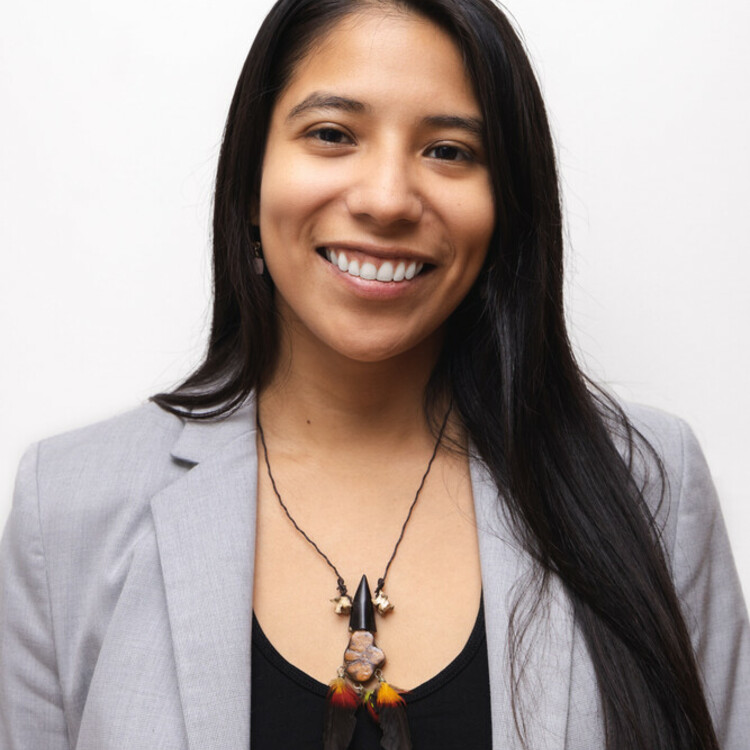
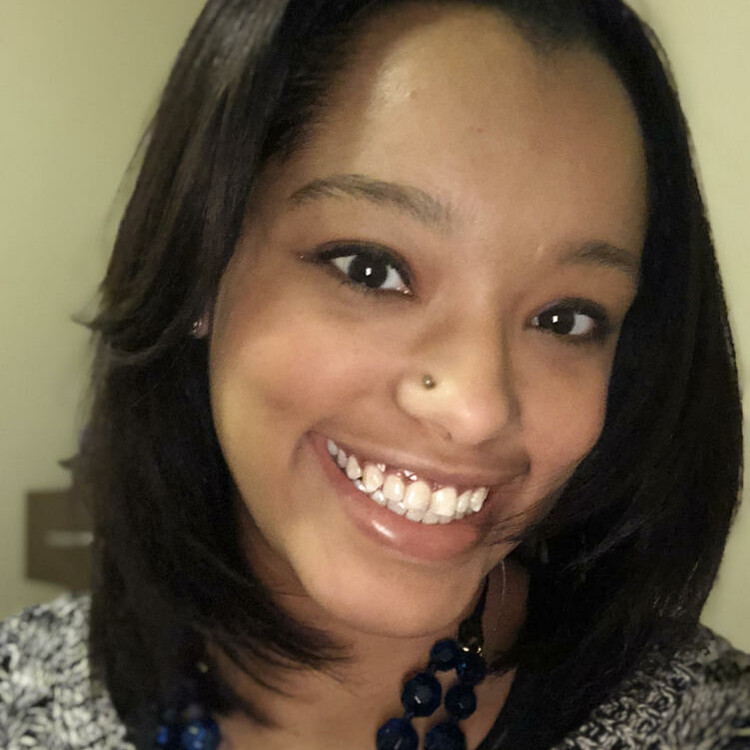
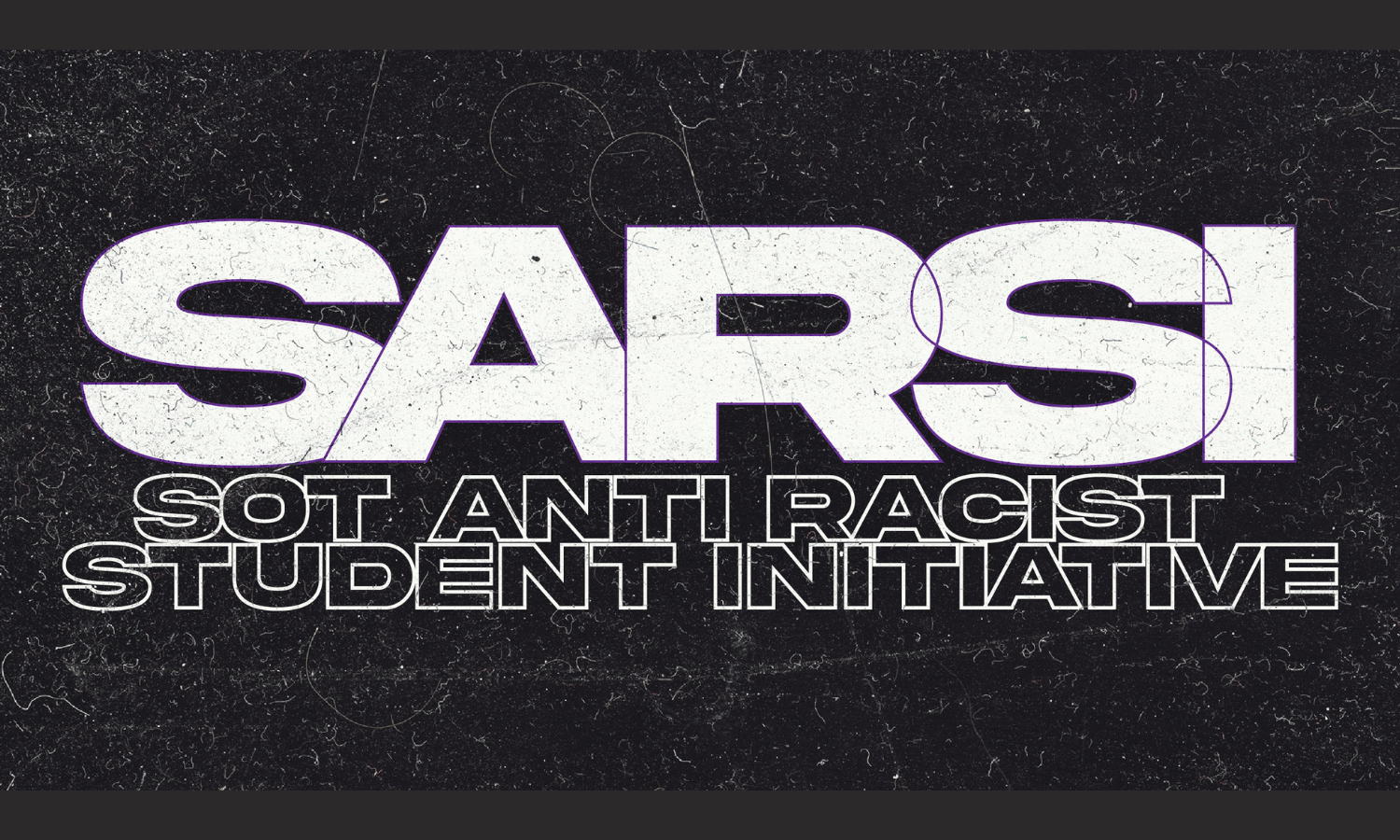
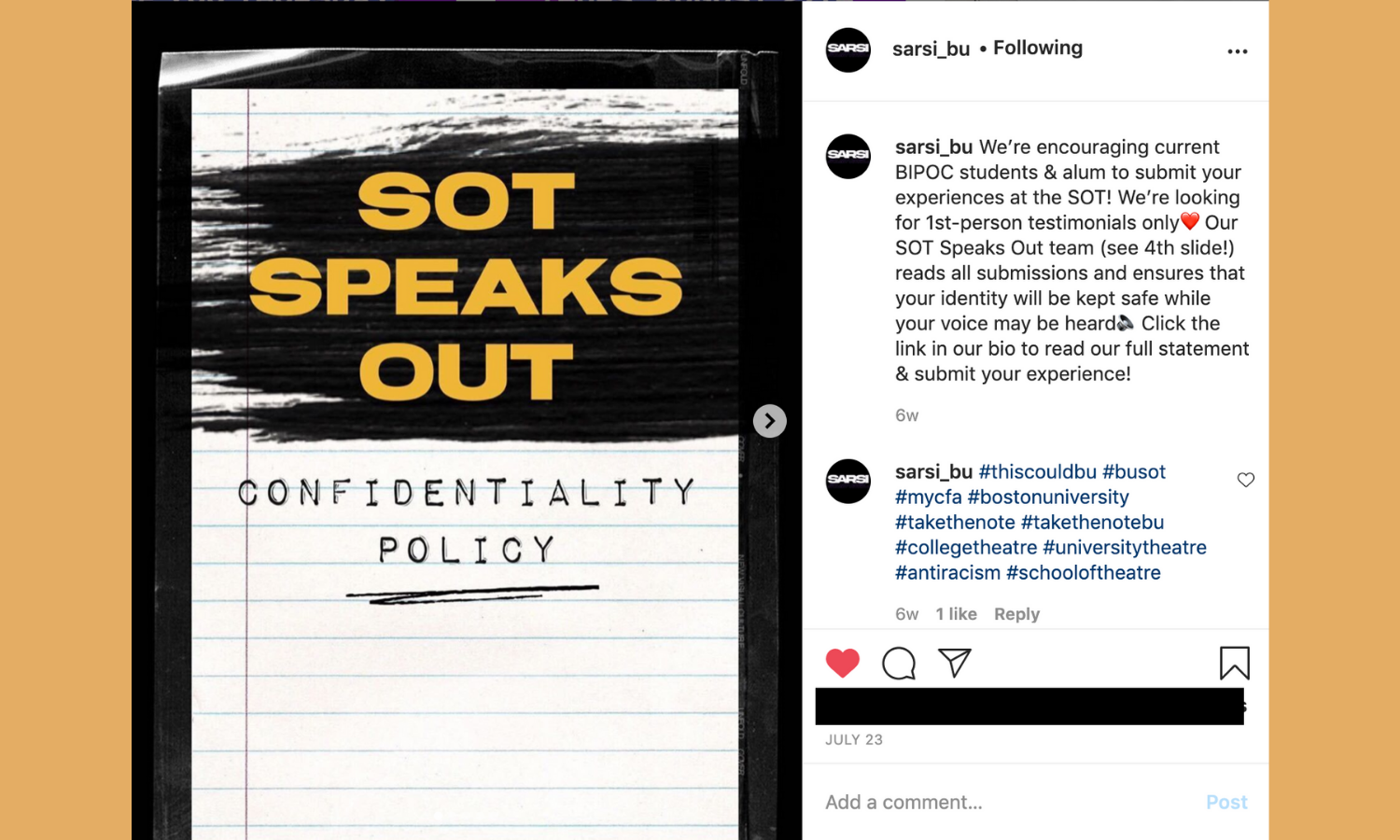
Comments
The article is just the start of the conversation—we want to know what you think about this subject, too! HowlRound is a space for knowledge-sharing, and we welcome spirited, thoughtful, and on-topic dialogue. Find our full comments policy here